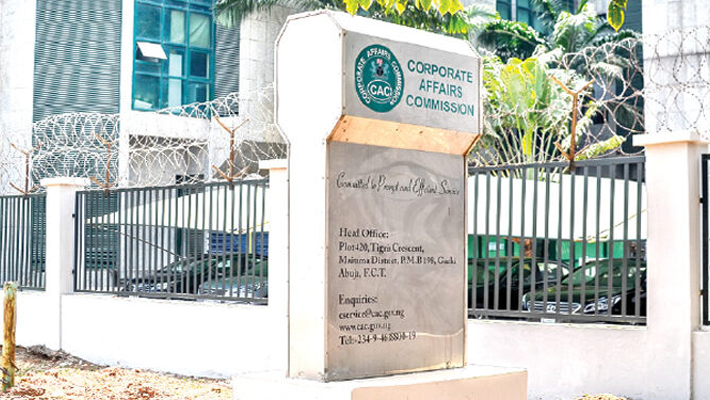Malabu Oil Sues CAC Over Alleged Unlawful Deregistration
Malabu Oil & Gas Limited has filed a suit against the Corporate Affairs Commission (CAC) at the Federal High Court, Abuja, alleging that the agency unlawfully struck its name off the Companies Register, a move it says undermines its ongoing court cases and appeal rights.
The company’s originating summons, grounded on the Companies and Allied Matters Act (CAMA) 2020, the Nigerian Constitution, and the Federal High Court Act, 2004, challenges what it describes as CAC’s “unilateral and unlawful interference” in matters already before the courts.
Malabu, incorporated in 1998 by Mohammed Sani Abacha and two others, was awarded the high-value Oil Prospecting License (OPL 245). Its ownership structure, however, became the subject of long-running legal disputes after Abacha’s detention between 1999 and 2002, during which alleged unauthorized changes to shareholding and directorship were made.
Between 2005 and 2011, Malabu’s legal counsel, R.O. Atabo (SAN), repeatedly engaged the CAC over disputed filings, prompting the Commission to place a caveat on the company’s records to block further alterations while ongoing court cases and investigations — including by the EFCC — were unresolved.
Despite this caveat and several pending civil and criminal cases, the company alleges that CAC struck off its name for inactivity and failure to file annual returns. The action, Malabu insists, was taken without publishing statutory notices in national dailies or lifting the caveat — both of which are mandatory under Sections 692(3) and (5) of CAMA 2020.
The suit seeks judicial clarification on whether the CAC can deregister a company that is sub judice, whether such action violates the doctrine of lis pendens, and whether it impedes Malabu’s constitutional right to appeal to higher courts.
Malabu is asking the court to declare the deregistration illegal, null, and void; to restore its name to the Companies Register; and to grant a perpetual injunction restraining CAC from similar actions.
Legal observers say the case could have far-reaching implications for corporate regulation and judicial oversight in Nigeria.
“It’s not just about one company — it’s about the extent of administrative power under CAMA when litigation is pending,” a senior Abuja-based corporate lawyer said.
The matter is expected to come up for hearing in the coming weeks.

